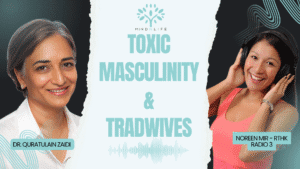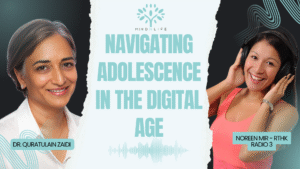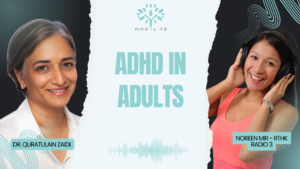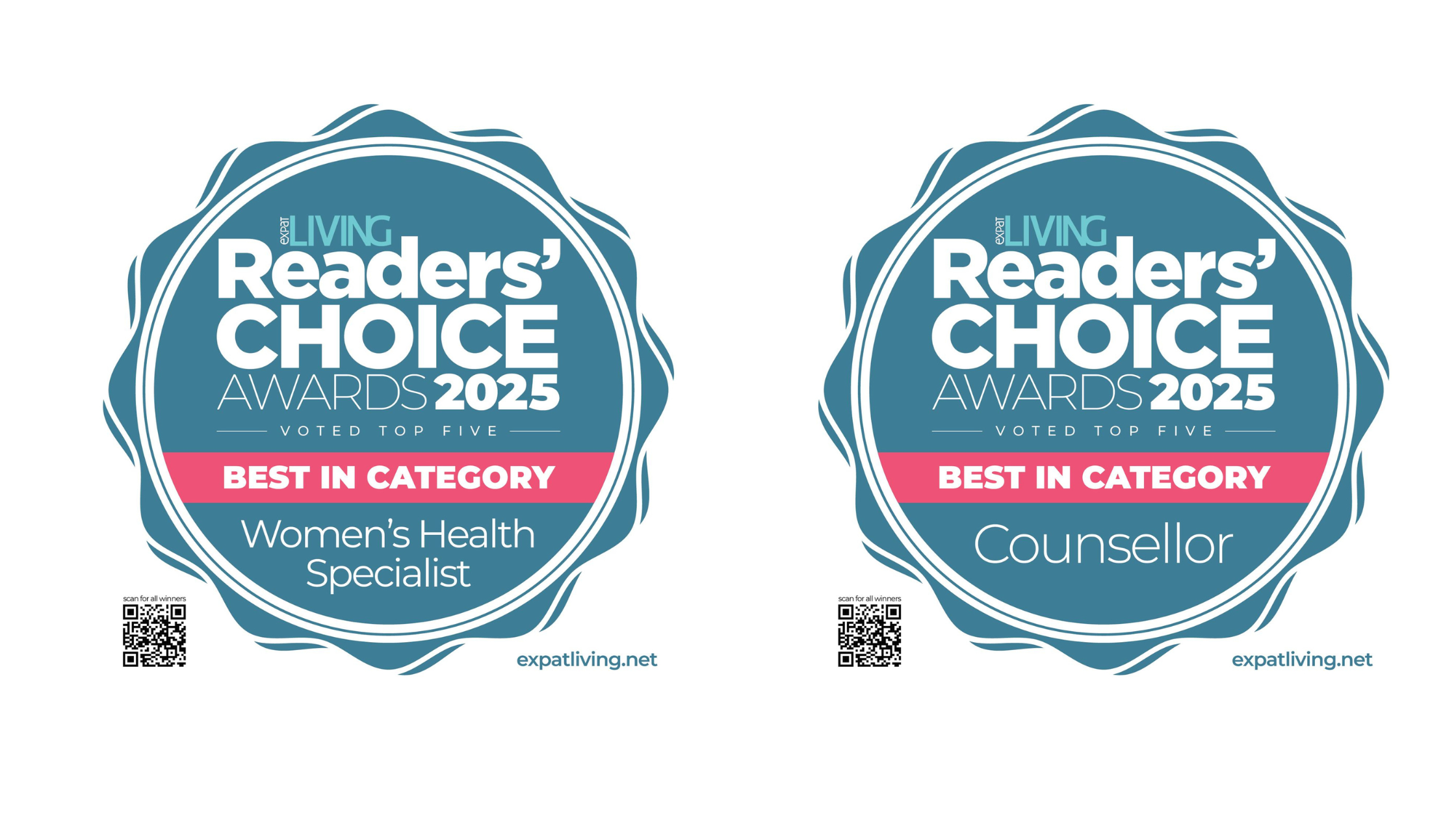Many people experience stress on a daily basis. Many of the stressors are universal, including work, relationships, financial issues, health problems, parenting issues and, sometimes, just daily hassles and busy schedules.
Each of us experiences stress differently. A situation may be perceived as “stressful” by one person and merely “challenging” to someone else, depending on one’s past experiences, thought patterns and available resources to cope with the stress.
For most of us, when we find ourselves in situations where there are high demands on us, where we have little control, where we don’t feel adequate, where we may be harshly judged by others and where consequences for failure are high or unpredictable, we tend to get stressed.
Chronic stress can interfere with learning and memory, lower immune function and bone density, increase weight, blood pressure and cholesterol, cue heart disease, and disrupt healthy sleep patterns. Over time, the physical effects can increase the risk of depression and mental illness, and lower life expectancy.
Learning to recognise your own stressors, listening to your body signals for stress and investing time in learning effective coping strategies to deal with these stressors can help reduce your
experience of stress.
Assess your stress
The first step in effectively managing stress is to know just how much stress you are experiencing. Take the following quiz to better understand where you fall on the perceived stress scale*.
In the last month, how often have you
(0=never, 1=almost never, 2=sometimes,3=fairly often, 4=very often):
- Been upset because of something that happened unexpectedly?
- Felt that you were unable to control the important things in your life?
- Felt nervous and “stressed”?
- Found that you could not cope with all the things that you had to do?
- Been angered because of things that were outside of your control?
- Felt difficulties were piling up so high that you could not overcome them?
Add up your points for your final score.
Below 10: Low stress
11-15: Moderately stressed
16-24: Extremely stressed
Over 20: Consider seeking professional help
Tools for coping
Here are ten techniques to help with stress:
- Take a few deep breaths. Simply choosing to take a deep breath before reacting can change how you feel.
- Manage time effectively. Make a point to schedule time for yourself, your family, your friends, and activities that help you recharge. Take stock of activities and relationships that don’t enhance your career or personal life, and minimise the time you spend on them. Learn to respond to emails within working hours. After work, allow yourself to go offline. Prioritise your “to-do” list and outsource some of the most time-consuming tasks.
- Tend and befriend. Invest in a network of friends who help you cope in a positive way. Make an effort to spend real face-to-face time with loved ones who are there to listen and support you.
- Seek optimal physical health. Developing healthy eating habits and getting enough sleep are important to combat the physical effects of stress.
- Exercise regularly. Twenty to 30 minutes of any aerobic activity, like walking, running, hiking, swimming, biking – done most days of the week – will help.
- Get with the programme. Introducing and practicing effective and scientifically proven stress reduction techniques – like progressive muscle relaxation and mindfulness-based stress reduction – will help.
- Keep a journal. Journaling allows you to clarify your thoughts and feelings.
- Reflect, talk, listen, repeat. Effective communication skills help reduce stress in all areas of relationships.
- Stay cool. Learn to respond and not react to situations.
- Know yourself. Understand your underlying causes of stress and learn to cope with them effectively.
*Adapted from Cohen, S. (1994). Perceived Stress Scale.

Dr. Quratulain Zaidi (BSc. Hons, MSc, MSc, PhD) is a mother and a member of the British Psychological Society and British Association Counselling & Psychotherapy and abides by the Ethical Framework for Good Practice in Counselling and Psychology. She has lived in Hong Kong and Singapore for 12 years. She specialises in assisting families with issues including parenting, teen issues, Cybersafety, marriage guidance, post natal depression, stress and anxiety disorders, depression, bullying, eating disorders, OCD and self-harm. She is an expert in educational assessments and learning challenges in children, for example ADHD, ADD, Dyslexia and ASD.







